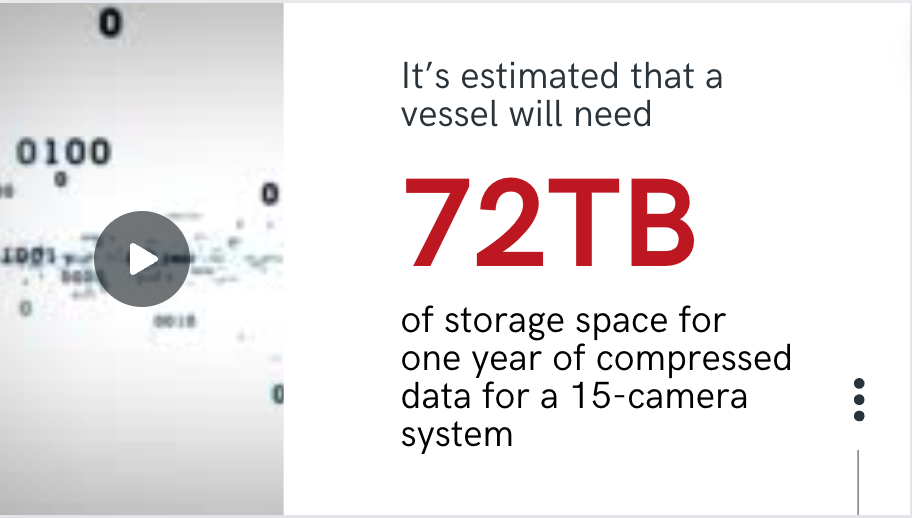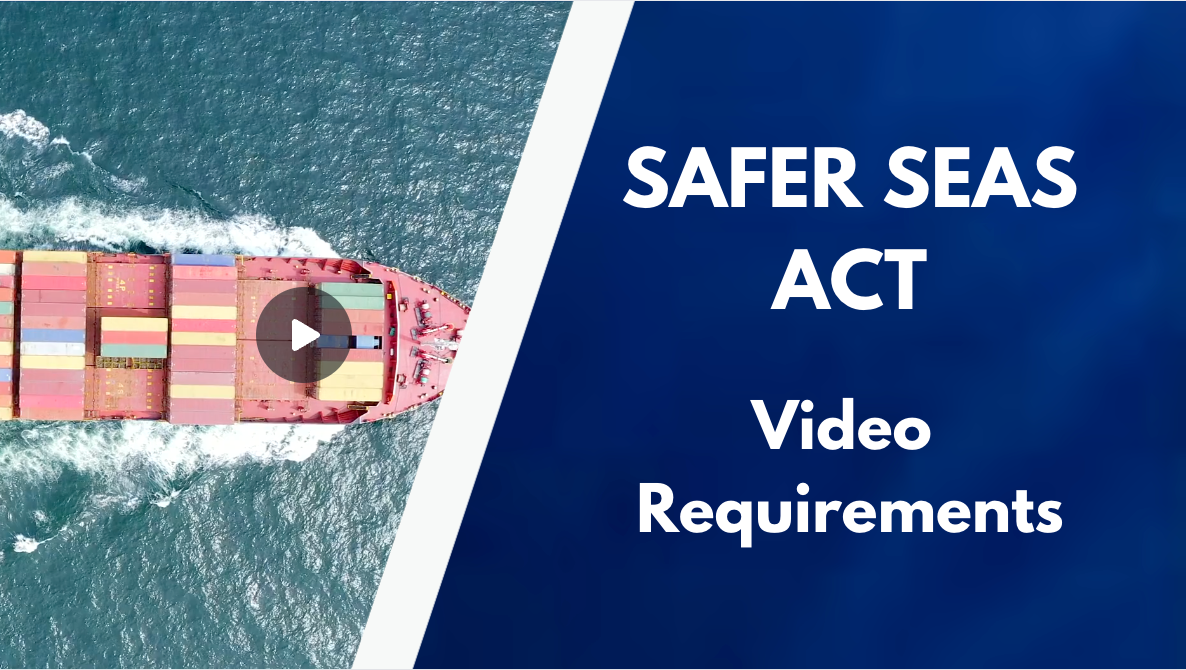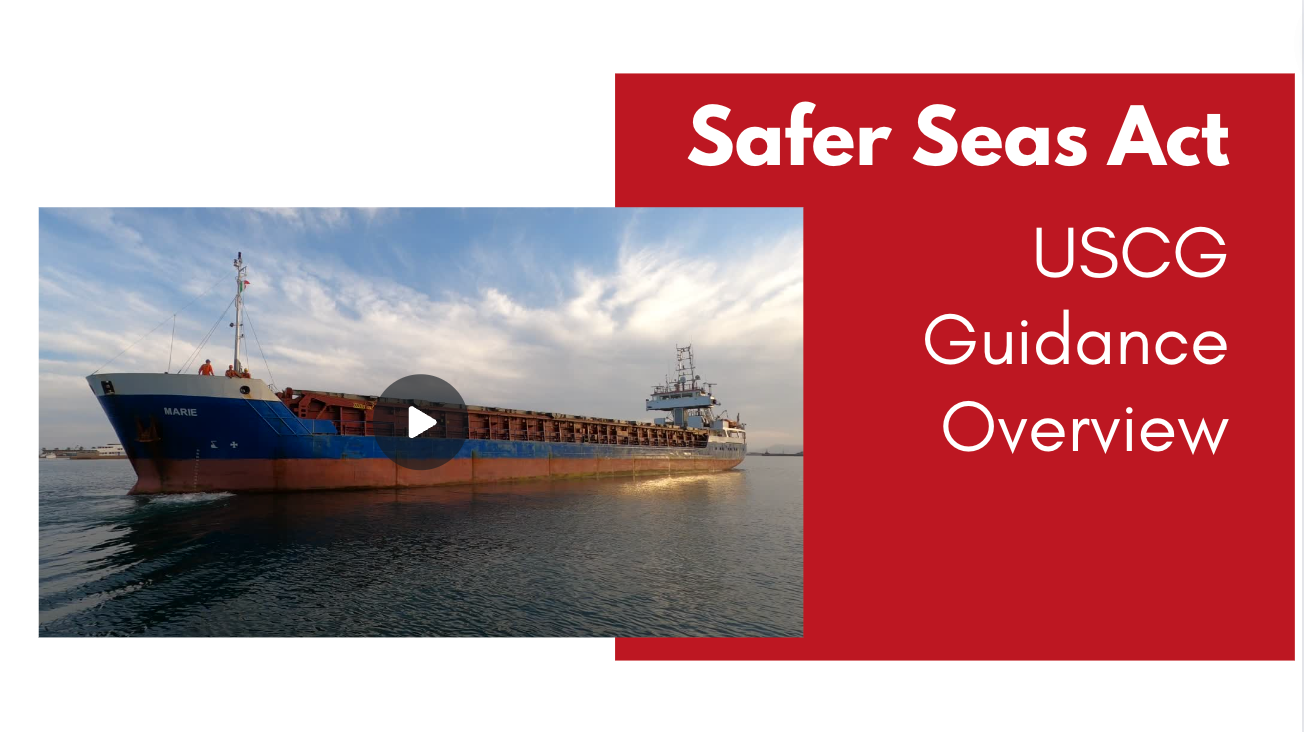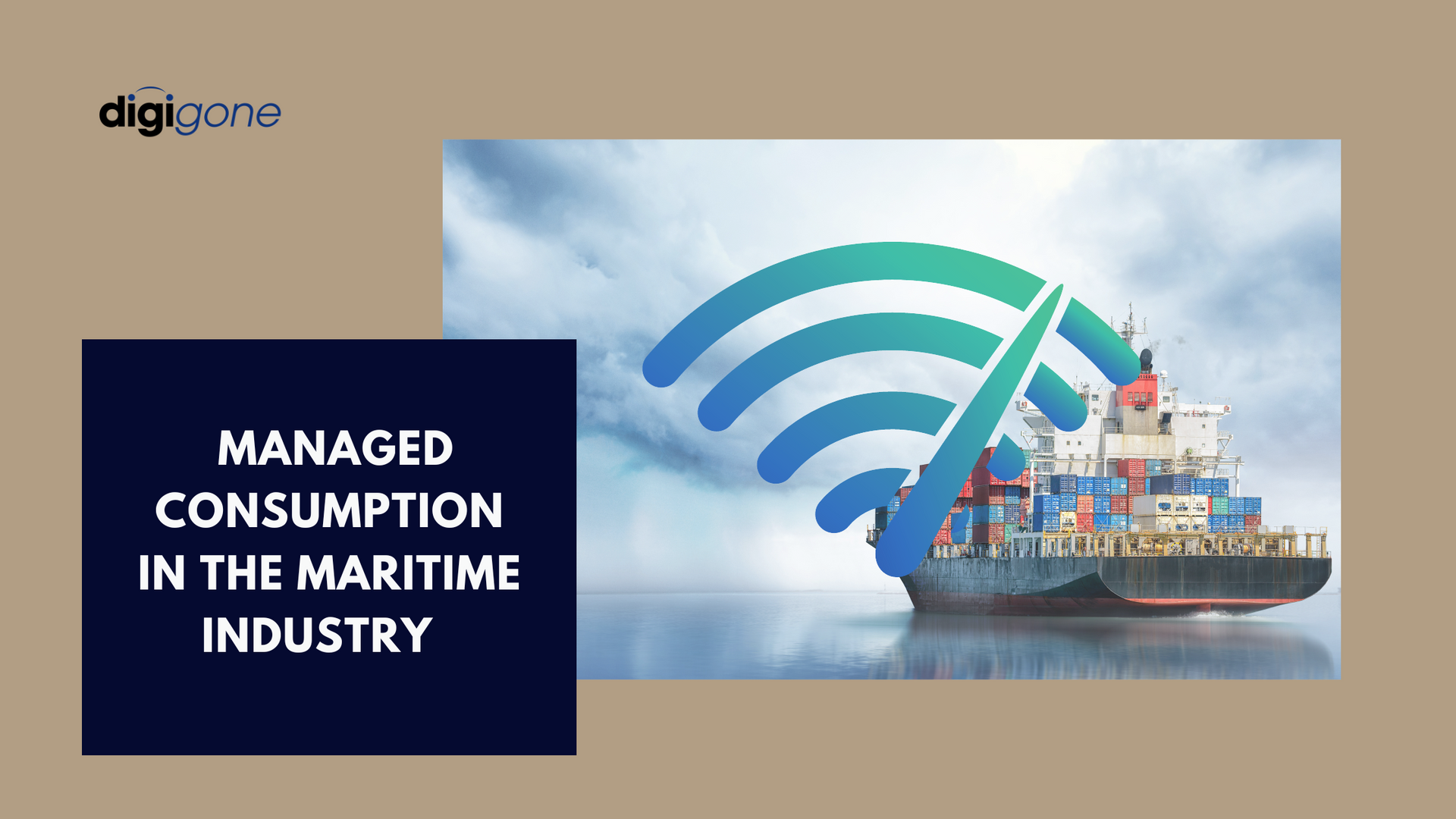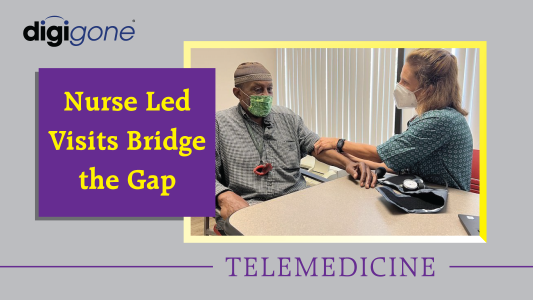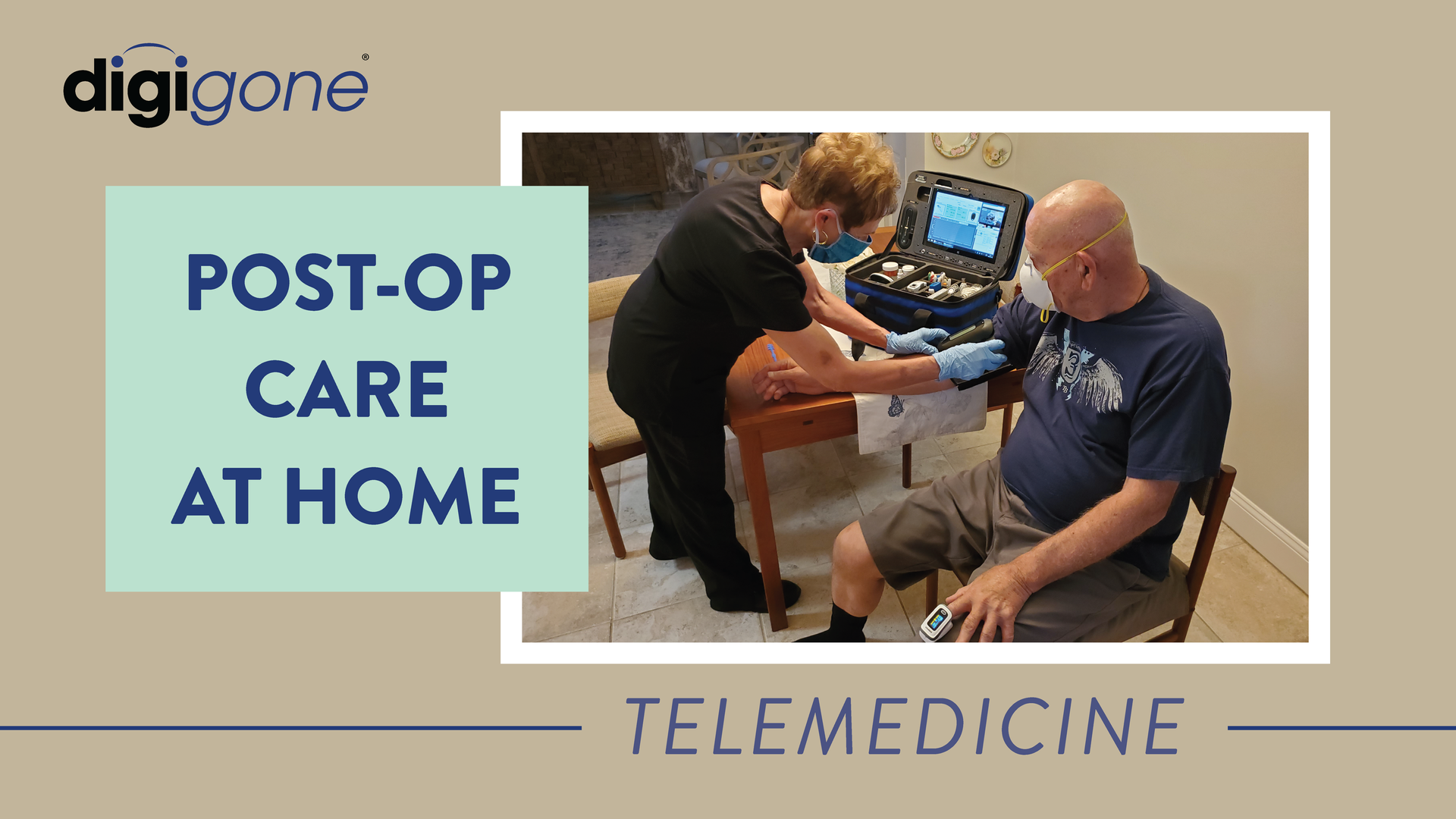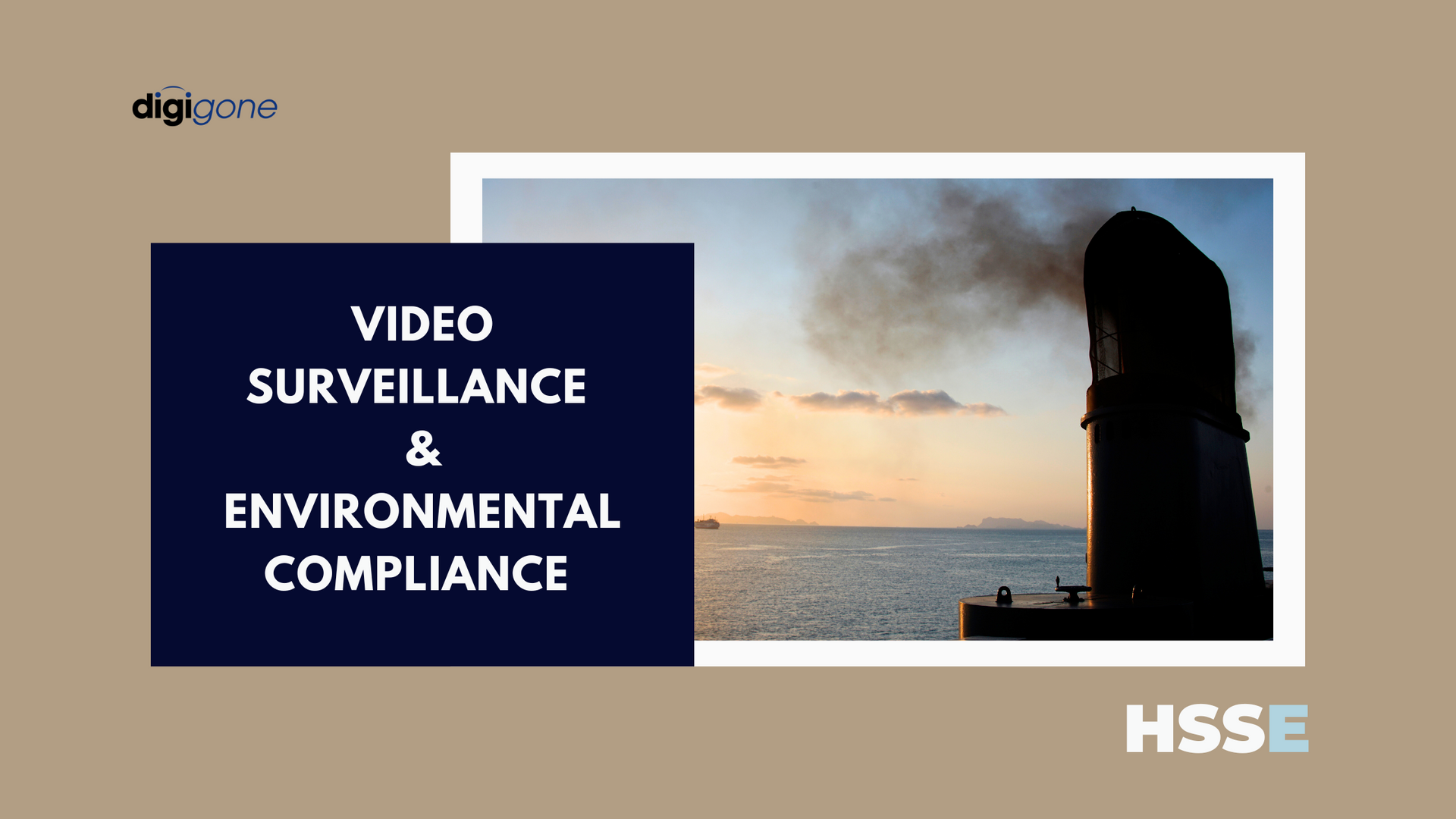Does Your Crew Have Access to On-Demand Medical Services While at Sea?
Digigone • December 3, 2019

Telemedicine kits
are a revolutionary tool that many commercial vessels are relying on to effectively diagnose and treat crewmembers during emergencies, provide routine checkups, and improve access to standard medical services.
Innovative companies are turning to telemedicine kits to create walk-in clinics on their vessels while at sea, eliminating the need to disembark and visit a foreign doctor. Sending your crew members to visit a foreign doctor can result in:
- Increased risk of infection in foreign countries that lack proper sterilization practices.
- Hours of lost time and additional stress when traveling to a doctor while feeling sick.
- Inaccurate diagnosis in countries with underdeveloped healthcare systems.
- Lack of access to modern equipment for standard medical procedures and checkups.
Any of these scenarios may cause adverse health effects or the need for rapid treatment at a reputable hospital that’s far away from your current location. These kinds of diversions are costly for your business, with some medevacs totaling more than $100,000. Whether it’s sailing to the nearest port or scheduling a medevac, these decisions will affect your business's bottom line.
It’s estimated that one in five ships are forced to divert each year due to medical issues, costing the industry more than $168 million.
While telemedicine kits may have a high upfront cost, a 2013 study that sampled 23,299 commercial ships and 420,000 crew members revealed that they typically pay for themselves within a year. The study argued that “by avoiding unnecessary diversions and their associated costs, shipping companies can see their return on investment in under a year.”
Companies looking to reduce their long-term expenses may find it practical to adopt telemedicine to provide diagnostic and treatment services on an as-needed basis. This will ensure that the medical needs of your crew are attended to, reducing diversion costs.
As Riviera’s Martyn Wingrove said, “ship operators should not wait to be forced into deploying telemedicine across their fleets.”
“They should recognise the cost-saving, crew morale and operational benefits of having video links to medical professionals,” he added.
One of the major advantages of the mHealth movement is the ability for a patient to receive quality healthcare from anywhere in the world. This is beneficial to commercial vessels that are away at sea for months at a time.
A telemedicine kit pairs a trained United States-based doctor with your crew, allowing them to perform routine checkups and other non-emergency medical procedures. This is an ideal tool for reducing crew downtime, eliminates the need and risks associated with visiting foreign doctors, and ensures that your staff is ready and available when you need them most.
Whether your crew members are experiencing something personal or need a routine checkup, telemedicine technology simplifies access to these services. As technology continues to advance, telemedicine will play a pivotal role in making healthcare more approachable for remote commercial vessels.

Telemedicine kits are becoming indispensable tools for home healthcare providers, particularly during transition care medical examinations (TCMs). While the initial TCM is conducted by a physician who generates revenue from the service, the telemedicine kit significantly benefits home healthcare providers by expediting patient registration for their care services. With a nurse or medical assistant deploying the kit, patients can be quickly evaluated and connected with a physician, ensuring all necessary documentation and approvals are completed more efficiently. This faster onboarding process allows home healthcare providers to register more patients in less time, helping them deliver care sooner and grow their services efficiently. The ability to “bring the doctor” to the patient through a telemedicine kit is invaluable in initiating care seamlessly. Once patients are on board, home healthcare providers can continue leveraging telemedicine technology to improve how they deliver services. The kits enable nurses and medical assistants to perform follow-up visits, diagnostics, and real-time consultations without requiring patients to leave their homes. This capability allows providers to optimize their schedules and visit more patients daily, all while maintaining a high standard of care. The efficiency gained means better coverage, smarter use of resources, and happier patients. Beyond efficiency, telemedicine kits help providers build stronger connections with their patients by making care more accessible and personalized. Providers can quickly respond to emerging health concerns, adjust care plans, and ensure ongoing monitoring—all from the patient’s home. This not only leads to better patient outcomes but also boosts the provider’s reputation for being reliable and innovative. By facilitating the registration of more patients and enhancing care once they are onboarded, telemedicine kits are powerful tools that enable home healthcare providers to expand their reach, improve operational efficiency, and thrive in an increasingly competitive market. In a rapidly evolving healthcare landscape, telemedicine kits are revolutionizing how home healthcare providers deliver care, enabling faster patient onboarding, enhanced service delivery, and stronger connections with patients. By integrating this indispensable technology, providers can streamline operations, improve patient outcomes, and position themselves as leaders in care innovation. Don’t miss the opportunity to elevate your home healthcare services. Explore how telemedicine kits can help you expand your reach, optimize your resources, and deliver exceptional care. Contact us today to learn more and take the next step toward transforming your care delivery model.
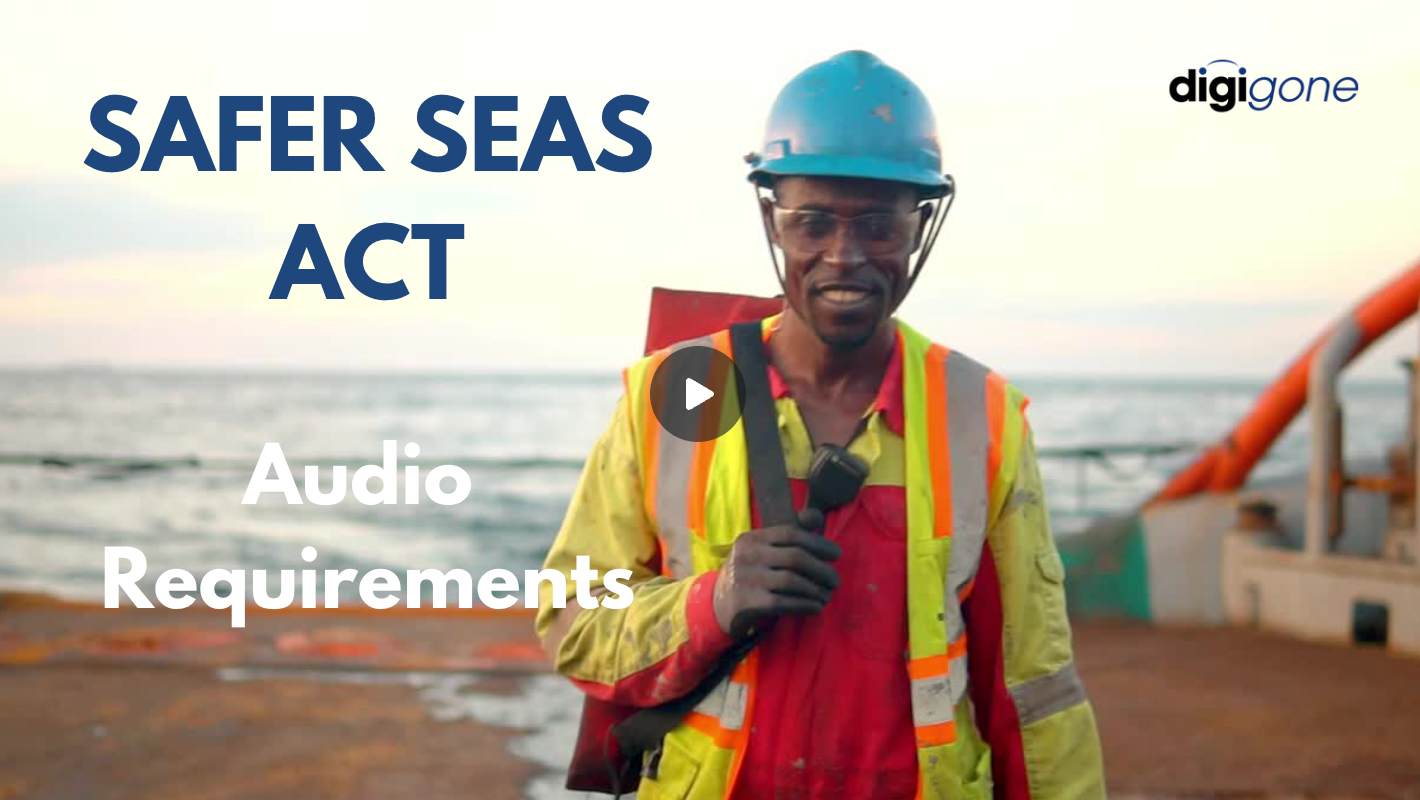
With the new Safer Seas Act, vessel companies must comply with many new regulations by the end of the year. One of those requirements includes audio equipment placed outside of hallways leading to staterooms, which DigiGone can help with. And while this may seem burdensome, these new rules will be good for vessel companies in the long run.



